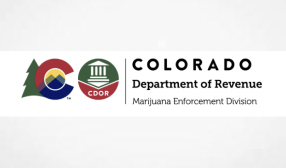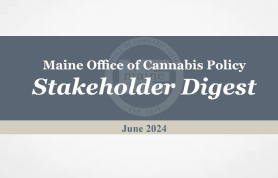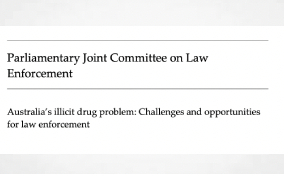A number of specific strategies were discussed, including decriminalization of personal use
There are two specific recommendations of interest when it comes to cannabis
Being Australia the solution is always let’s have more research rather than take action but at least this time a parliamentary commission is taking some sort of decision to do something.
Whether it ends in any concrete action any time in the next 5 years is another matter entirely
6.51 The committee recommends that the Australian Government commission research to understand the impacts of decriminalisation in Australian and international jurisdictions where reforms have been implemented. Such research should, where possible, evaluate the longitudinal impacts on individuals, communities and law enforcement agencies to provide an evidence base to inform future policy decisions.
6.56 The committee recommends that the Australian Government support research to develop an effective roadside cannabis impairment test to be used by law enforcement, including the current work being undertaken in Victoria.
PRECIS
Australian consumers are willing to pay some of the highest prices globally for illicit drugs, and data sources such as the National Wastewater Drug Analysis Program, the National Drug Strategy Household Survey and the Illicit Drug Data Report reveal that consumption within Australia continues to grow, returning to pre-COVID-19 levels.
While the Committee understands that this is a multi-faceted issue requiring an integrated response from multiple sectors, this report pays particular attention to the role of police and its partner agencies in dealing with illicit drugs. Broader issues are considered with reference to their impact on law enforcement.
Strategies under the demand and harm reduction pillars target the behaviours and factors leading to, and the risks arising from, drug use. The regulation and policing of drug consumption is largely a matter for the states and territories, and demand and harm reduction strategies have been introduced to varying degrees around the country. A number of specific strategies were discussed, including decriminalization of personal use, as well as the establishment of drug checking and safe injecting facilities. The focus of the Committee, however, has been on outlining the challenges for law enforcement arising from the various policy settings.
This report consists of 6 chapters:
- Chapter 2 provides the context for the inquiry, outlines current trends in supply, seizures and consumption of illicit drugs and summarises some of the major harms arising from illicit drug use;
- Chapter 3 establishes the current policy settings in relation to illicit drugs and canvasses some of the major policy debates raised in evidence;
- Chapter 4 considers supply reduction strategies and investigates current law enforcement approaches, including responses to the trafficking of illicit drugs and precursor chemicals, as well as the impact of seizures on supply;
- Chapter 5 canvasses demand and harm reduction strategies, including decriminalisation, and discusses the interaction of these strategies with, and their impacts on, law enforcement; and
- Chapter 6 details the committee’s conclusions and recommendations.
Key recommendations:
- The Australian government should re-establish a governance structure under the National Cabinet architecture, bringing together representatives with responsibility for law enforcement and health across the Commonwealth, states and territories, to oversee the implementation of the National Drug Strategy.
- The Australian Criminal Intelligence Commission should undertake research to clarify what proportion of people arrested for possession of illicit drugs are concurrently charged with another criminal offence and would not have come to law enforcement attention but for the concurrent (non-drug related) offence.
- The Australian government should commission research to understand the impacts of decriminalisation in Australian and international jurisdictions where reforms have been implemented. Such research should, where possible, evaluate the longitudinal impacts on individuals, communities and law enforcement agencies to provide an evidence base to inform future policy decisions.
















